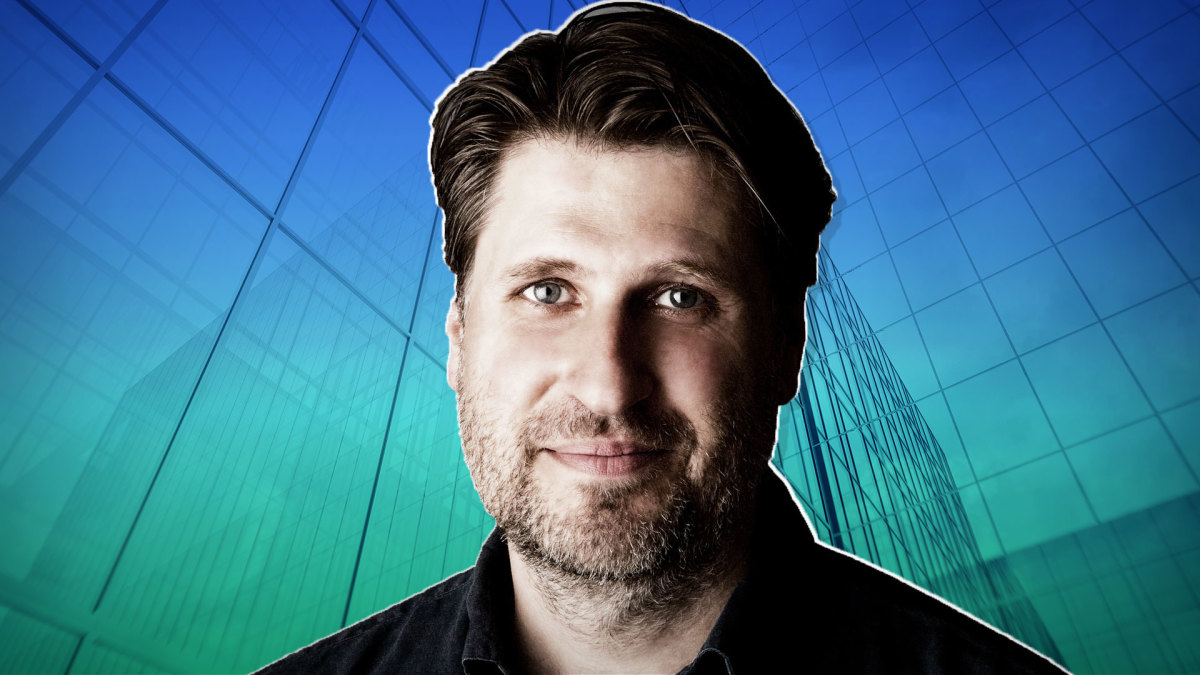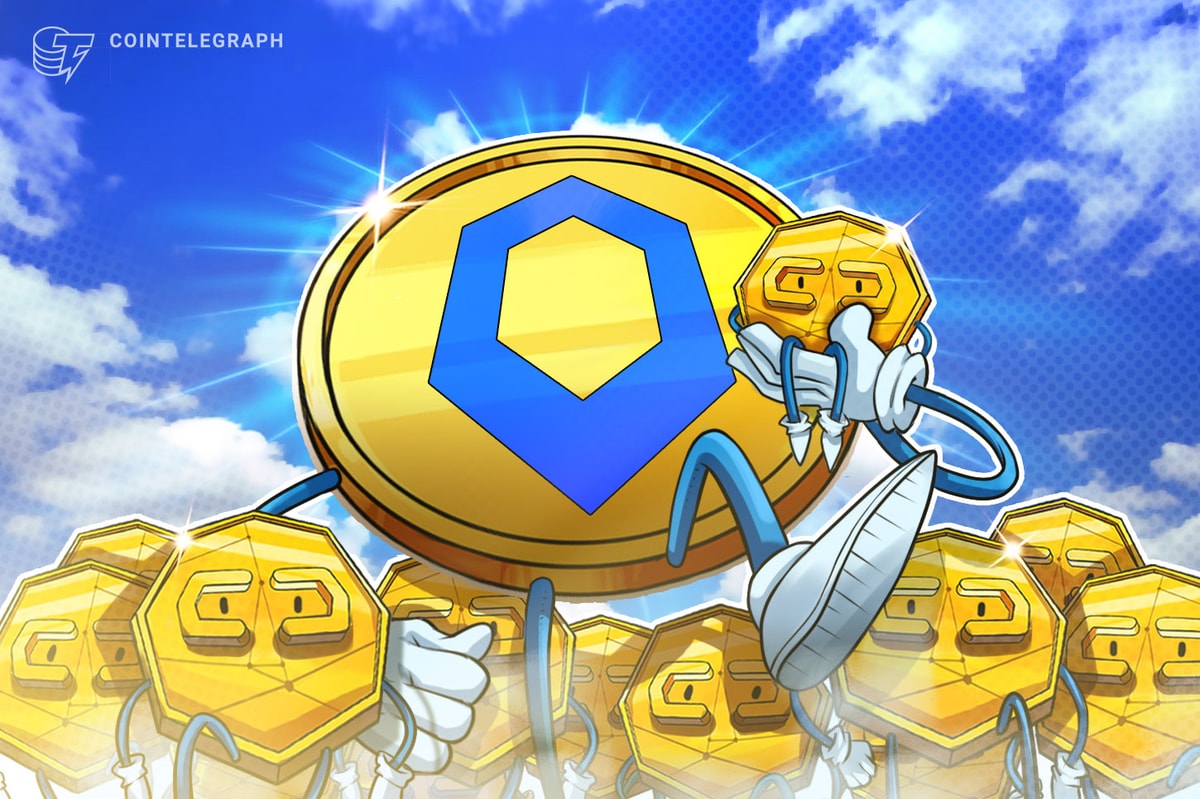The company has told TheStreet that “over time, as we expand Horizon Worlds to more platforms, other companies will charge their own platform fees, and so that portion may not go to Meta.”
Nouzareth : I’m not going to say he is a problem, but [it’s no secret] that Facebook may be reaching a plateau and he is betting, spending everything on the metaverse. … I think he is probably impacting the whole metaverse industry, even though we don’t have a lot in common with their division and what they’re doing — not the same platform, not the same vision and values.
TheStreet: How Will You Make That Difference Clear to Users? Nouzareth : We need to show and tell people, ‘look, you can come and play the Sandbox. And you can see by yourself and it’s free.’ We try also to bring a lot of amazing content, whether it’s gaming, whether it’s fashion, whether it’s sports, music, entertainment, art.
Nouzareth : It wasn’t as good as people said a few months ago, and it’s not as bad as people say today.
People ask us: ‘Are you impacted by the macroenvironment?’ And the answer is, ‘not really.’ We still have a lot of partners, big brands begging at the door. They want to enter the metaverse, and they want to partner with us, and we’ve announced a bunch of deals recently. We have more to come. So we haven’t seen any impact from brands and partners and celebrities. We haven’t seen any impact as well for the users and the players.
Basically, everyone has a lot of macro headwinds — the war in Ukraine and interest rates being high and inflation — so I think it’s difficult for everybody. But in our case, it’s business as usual. We’re not laying off people. We actually doubling down; we’re recruiting more people. We’re very actively recruiting.
TheStreet: Haven’t You Been Hurt by the Crypto Winter? Nouzareth : We’re doing well. We haven’t seen anything so far. Of course, we’re a crypto company. We’re also a metaverse and a gaming company, and no matter what happens, people still want to play games. They want to have fun [and be] entertained. So I think that’s why we’re probably less impacted than other crypto companies.
So we’re recruiting in all parts of the world. We’re recruiting more engineers, especially unity developers. We’re recruiting narrative designers, product owners, project managers, finance, business. I mean, across all all positions in the company, we’re very active. I have to say from a recruiting perspective, the environment is actually pretty good for us. We have access to very good candidates who have been laid off elsewhere. [So] it’s a good time.
TheStreet: Are You Profitable? Nouzareth : I wish I could answer. What I can tell you is we have what it takes to really double down.
We raised around, and it’s public, $93 million last year. But $93 million is not enough. So let’s put it this way: $93 million is not enough to have. So I’ll leave it to you to draw your own conclusion.









 Bitcoin
Bitcoin  Ethereum
Ethereum  Tether
Tether  XRP
XRP  Solana
Solana  USDC
USDC  Cardano
Cardano  Dogecoin
Dogecoin  TRON
TRON  Lido Staked Ether
Lido Staked Ether  Wrapped Bitcoin
Wrapped Bitcoin  Pi Network
Pi Network  LEO Token
LEO Token  Chainlink
Chainlink  Toncoin
Toncoin  USDS
USDS  Stellar
Stellar  Wrapped stETH
Wrapped stETH  Hedera
Hedera  Avalanche
Avalanche  Shiba Inu
Shiba Inu  Sui
Sui  Litecoin
Litecoin  Bitcoin Cash
Bitcoin Cash  MANTRA
MANTRA  Polkadot
Polkadot  Ethena USDe
Ethena USDe  WETH
WETH  Bitget Token
Bitget Token  Binance Bridged USDT (BNB Smart Chain)
Binance Bridged USDT (BNB Smart Chain)  Hyperliquid
Hyperliquid  WhiteBIT Coin
WhiteBIT Coin  Wrapped eETH
Wrapped eETH  Monero
Monero  Uniswap
Uniswap  sUSDS
sUSDS  Dai
Dai  Aptos
Aptos  NEAR Protocol
NEAR Protocol  Pepe
Pepe  OKB
OKB  Internet Computer
Internet Computer  Mantle
Mantle  Ondo
Ondo  Ethereum Classic
Ethereum Classic  Gate
Gate  Coinbase Wrapped BTC
Coinbase Wrapped BTC  Aave
Aave  Tokenize Xchange
Tokenize Xchange